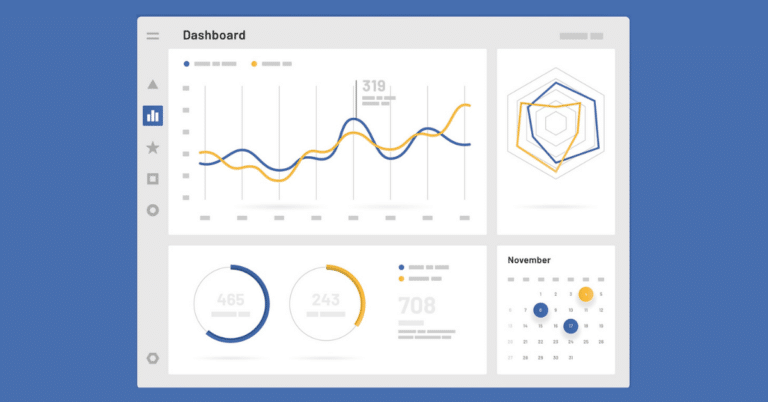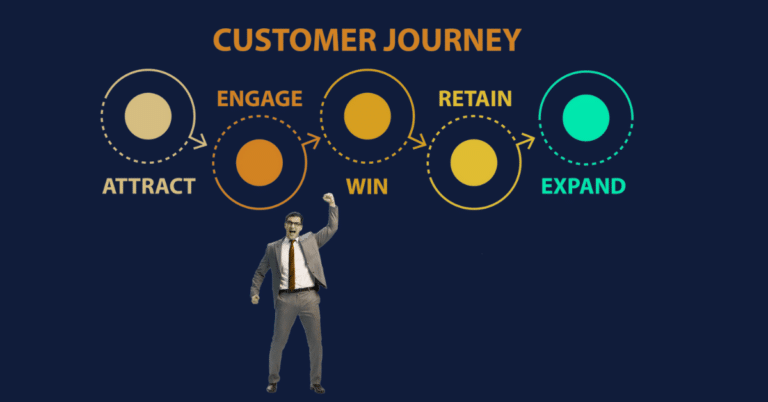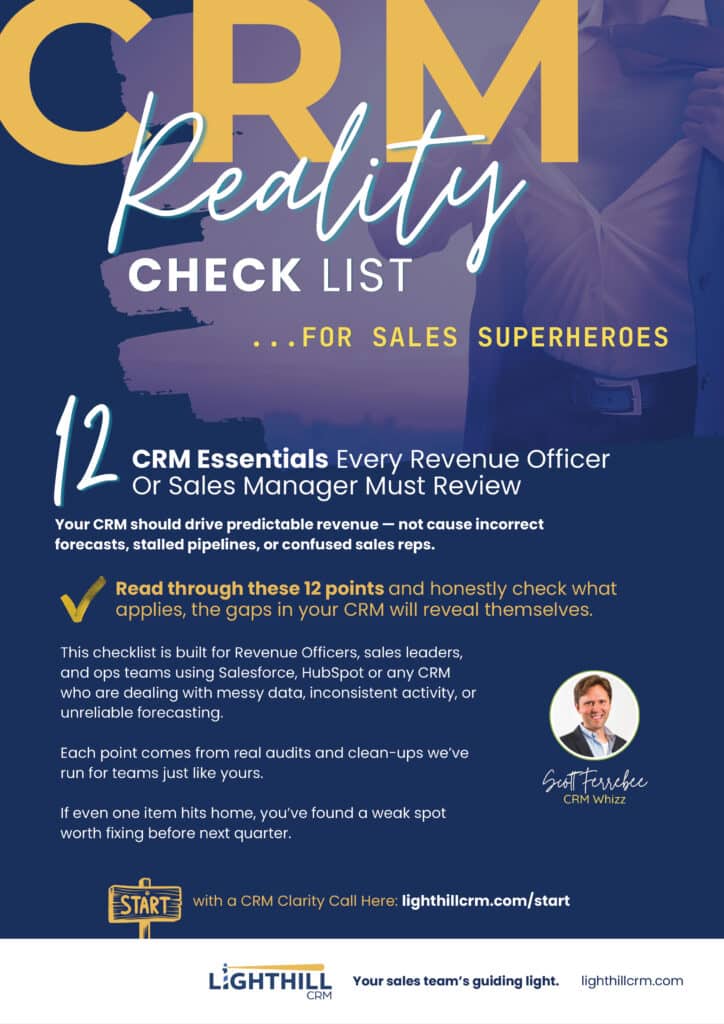In the fast-paced world of sales, every interaction counts. Whether it’s a cold call, an email exchange, or a booked meeting, each touchpoint represents a potential opportunity to drive revenue and foster lasting relationships with customers. One crucial step in this process is the seamless integration of these interactions into a robust Customer Relationship Management (CRM) system like Salesforce.
When it comes to booking meetings, many sales professionals may overlook the importance of immediately creating an Opportunity in Salesforce. However, doing so can provide a myriad of benefits that ultimately contribute to improved efficiency, enhanced collaboration, and increased sales success. Let’s delve into why creating an Opportunity upon booking a meeting is not just a good practice but an essential one:
- Capture Intent and Context: Booking a meeting signifies a significant step in the sales cycle. It demonstrates that the prospect is interested in learning more about your product or service. By creating an Opportunity in Salesforce at this stage, you capture the intent behind the meeting and contextualize it within the larger sales process. This ensures that all relevant information related to the opportunity is documented and easily accessible to the sales team.
- Facilitate Seamless Progression: A well-structured sales process relies on clear milestones and stages. By creating an Opportunity in Salesforce, you establish a formal entry point into your sales pipeline. This allows you to track the progress of the opportunity from the initial meeting booking to closure. Moreover, it enables sales reps to prioritize their follow-up activities and allocate resources effectively based on the stage of each opportunity.
- Enable Collaboration and Transparency: Sales is rarely a solo endeavor. It often requires collaboration among team members, including sales reps, managers, marketers, and customer support. By creating an Opportunity in Salesforce, you provide a centralized platform where stakeholders can access real-time information about the opportunity. This fosters transparency, aligns everyone around common goals, and facilitates seamless collaboration throughout the sales process.
- Data-Driven Decision Making: Salesforce is renowned for its robust reporting and analytics capabilities. By creating Opportunities upon booking meetings, you lay the foundation for gathering valuable data insights. This includes tracking conversion rates, analyzing win-loss ratios, and identifying patterns in customer behavior. Leveraging this data allows you to make informed decisions, refine your sales strategies, and optimize your overall performance.
- Enhance Customer Experience: In today’s competitive landscape, delivering a personalized and streamlined experience is paramount. By creating an Opportunity in Salesforce, you demonstrate professionalism and attention to detail. It allows you to tailor your approach based on the specific needs and preferences of each prospect, ultimately enhancing the overall customer experience and increasing the likelihood of conversion.
In conclusion, the decision to create an Opportunity in Salesforce upon booking a meeting is not just about organizational efficiency; it’s about maximizing sales potential and driving sustainable growth. By capturing intent, facilitating progression, enabling collaboration, empowering data-driven decision-making, and enhancing the customer experience, this practice sets the stage for success in today’s dynamic sales environment. So, the next time you book a meeting, remember to seize the opportunity—both figuratively and literally—by creating an Opportunity in Salesforce. Your sales pipeline will thank you for it.










